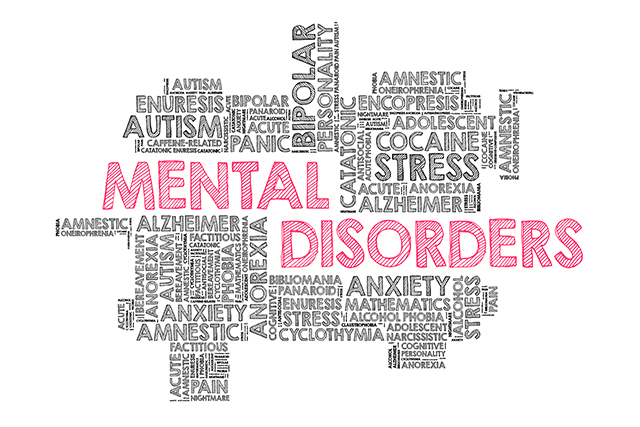Mental Disorders and its Treatment
According to GTBHC, characteristic signs of a mental or behavioral disorder are thinking, mood or behavior disorders that go beyond existing cultural beliefs and norms. In most cases, these symptoms are associated with the depressed state of a person and prevent them from performing their functions.
Symptoms of Mental Disorders
Mental disorders’ symptoms can be noticed by patients or their relatives. These symptoms include:
- physical symptoms (such as pain and sleep disturbances);
- emotional symptoms (such as feelings of sadness, fear, or anxiety);
- cognitive symptoms (for example, difficulty in thinking clearly, pathological convictions, impaired memory);
- behavioral symptoms (eg, aggressive behavior, inability to perform everyday functions, substance abuse);
- perceptual symptoms (for example, it seems to the patient that he sees or hears what other people do not see or hear).
Specific early signs are characteristic of various disorders. People who have one or more of the above symptoms are strongly advised to seek professional help if these symptoms persist, cause a depressed state or interfere with everyday functions.
Types of Mental Disorders Treated in Greater Trenton Behavioral HealthCare
Mental disorders treated in our center with the best online pharmacy drugs include depression, substance abuse, schizophrenia, mental retardation, childhood autism, and dementia. Mental disorders can develop in men and women at any age, regardless of their race or ethnicity. Despite the fact that the causes of many mental disorders are not fully understood, it is believed that their development is affected by a combination of such biological, psychological and social factors as stressful events, difficult family situations, brain diseases, heredity or genes, and some medical problems. In most cases of mental disorders, their diagnosis and effective treatment are possible.
Treatment
After establishing the cause of the mental disorder, treatment is selected that combines drug therapy and non-drug methods. At the same time, the effectiveness of therapy directly depends on the stage of disease development.
Often, mental illness with late medical and psychological care leads to damage of the internal organs. Pathologies may occur from the cardiovascular, hormonal, immune and digestive systems. These abnormalities also need to be corrected during primary therapy. In the presence of a mental disorder, it is necessary to appeal specifically to a psychiatrist so that he can correctly make a diagnosis and find out the true cause of the disorder that has appeared. Directly in the treatment of the disorder, the doctor works in a team with a psychologist and, if necessary, with specialists from other fields.
The level of modern medicine, timely treatment, as well as the support of relatives contribute to the effective treatment of a patient with mental illness in the shortest possible time.
Prevention
Preventive measures should be applied to all mental diseases. They are divided into:
- primarily aimed at avoiding the appearance of the disease;
- secondary aimed at preventing its further development.
For the prevention of mental disorders, it is mainly necessary to avoid various risks – biological, psychological and social. Biological risks are neuroinfections, head injuries, vascular diseases. Maintaining a healthy lifestyle and the timely detection of somatic disorders are good preventive measures against mental diseases.
Psychological prevention refers to psychological comfort and its maintenance, avoidance of stress and the ability to deal with them, if necessary – a patient may visit a psychologist who will prescribe medications for which you may find at Pharmacy Mall.
Social prevention is associated with relationships in the environment of a person. Creating trusting relationships in the family and at work, supporting friendships positively affect mental health in general. These factors have a positive effect on both a healthy person and a person who has a mental disorder. However, in the presence of the disease, you should not let it develop, even if the acute period has already passed. In this case, the best prevention of exacerbations will be regular monitoring by a psychiatrist.